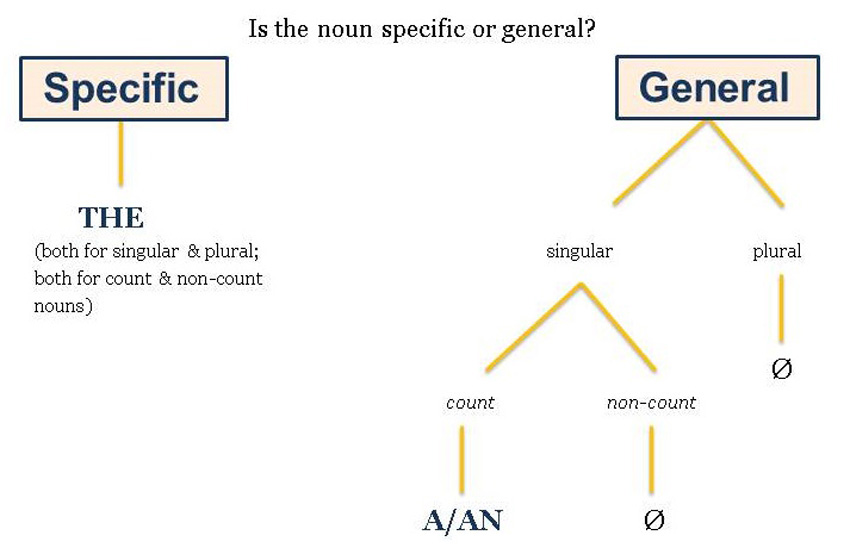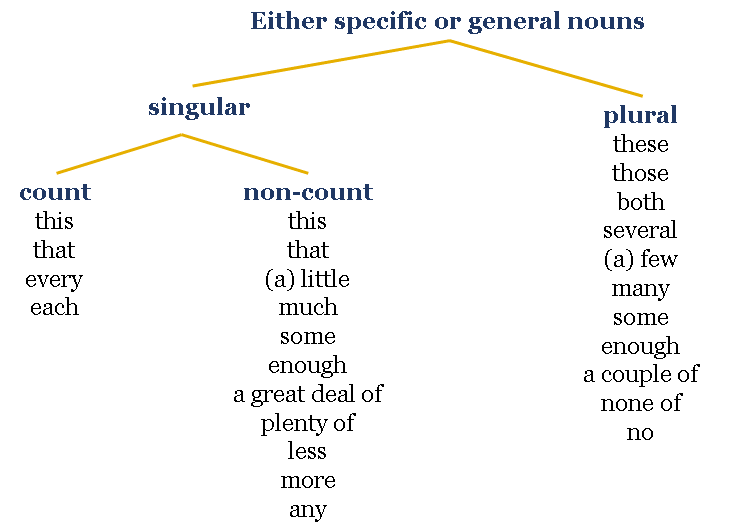Generally, no article (Ø) is used before singular names of countries, continents, states, lakes, parks, individual mountains, cities, streets, universities, and months/days of the week. It is not always clear, so you can check online to see if the is a part of the official name.
- Example: I attend Ø UC Davis.
- Example: Engelstein viewed Ø Russia as unique and distinct, and not in the same unit as the rest of Ø Europe.
UNLESS the proper noun includes an of-phrase.
- Example: I attend the University of California, Davis.
The is used with oceans, rivers, deserts, bridges, geographic areas, public buildings, and periods/events in history.
- Example: The Memorial Union has good food.
- Example: I have gotten an understanding of how society’s beliefs have evolved from the 18th to the 21st century.
The is used for plural names of lakes, mountain ranges, nationalities, countries, and countries that include the words United, Union, or Republic of.
- Example: I study abroad in the U.S. while my family still lives in Ø China.


